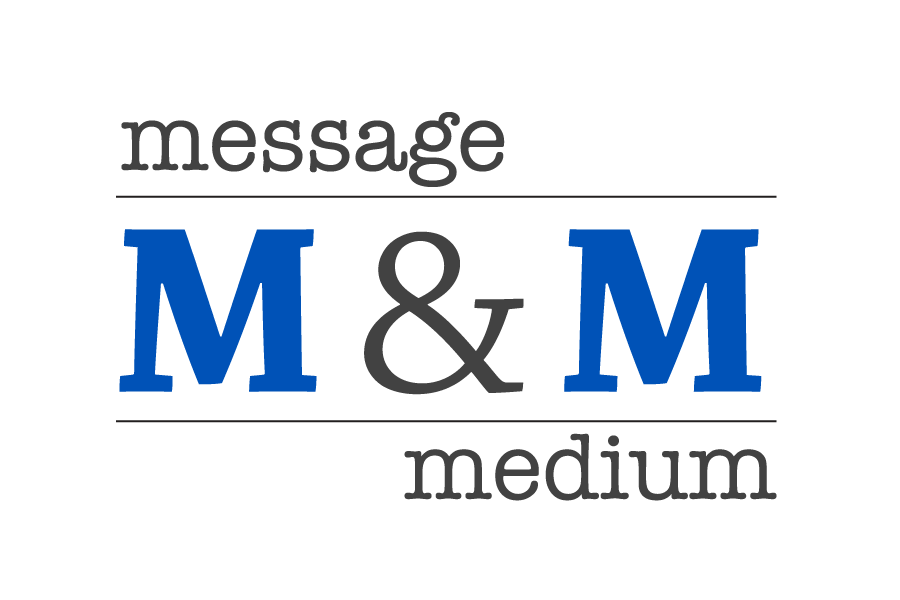I was fortunate to be a member of the packed house that showed up at Marina Park Drive last week to see 48 MassChallenge finalists work their collective tails off to pitch their businesses to the audience in 60 seconds or less. The event -- called "Minute to Pitch It" -- brought out a wide range of pitching styles, from the comic to the quant, and I found a few of the pitches compelling enough for me to want to know more about the business, which is my standard for a pitch of any sort. Essentially, "does this person and this company spark enough curiosity in me that I'd happily spend more than 60 seconds with them to satisfy or deepen my curiosity." I don't intend to pick winners or losers for the night but the proceedings did move me to jot down a few ideas on fundamental elements of a great elevator pitch.
- Sixty seconds is a long time. Try holding your breath for a minute. You have more than enough time to cast good informational bait to your audience. Take your time and limit the amount of info delivered to only the most compelling, most relevant stuff.
- Know your audience. Find out all you can in advance. If that's not possible -- literally an elevator circumstance -- ask two questions before you launch into your pitch: What do you do? Why? Keep this in mind as you pitch. You're looking to connect with the subject on an immediate and personal level.
- Identify the compelling problem your business solves. Show me a market quickly. Back it up with some killer stats (two is enough for this pitch) and a real-world customer/prospect story. You have to show relevance and build some instant cred that yours is a good business, not just a good idea.
- Explain how you solve that problem. Be brief, be punchy, stay away from jargon and, again, make me want to listen longer.
- Convince me that your company is uniquely qualified to best solve this problem. Differentiate yourself, hard. Is it the technology, a new approach, your people, a fresh market insight or something else? Why your company and why today?
- Tell me how you're going to make money. Again, make me start to believe that yours is a great business, not solely a great idea. Tell me about today, sure, but get me thinking about the immediate and long-term future. Don't tell me about your exit strategy unless a) I ask you and even then don't take the bait or b) you have one that makes a more compelling business case than "we'll go public and get rich."
- Make it as interactive as you can. You have time to ask your audience if she has any questions or thoughts within this 60 second window. The goal is to pitch like you're having a conversation. You and your listener need a little time to breathe and process. Avoid setting your "pitch cannon" on full-auto and wailing away at the unsuspecting listener.
- Close with an ask or call to action. People love to be asked. Ask them what they think. Ask them again if they have reactions, questions or thoughts. Ask if you can follow up with them in some informational, non-sales way. Offer a demo. Offer to put your customers, partners, investors on the phone. Since everyone has an email marketing list (right?) ask if they'd like to be put on your list to keep abreast of happenings at your company. Finally, flip the script and ask if there's anything you can do to help them.
- Say thank you. Please. It goes a long way.
Needless to say, you'll have done all of the homework necessary to put these elements together and will have practiced them well in advance. A pitch can happen anywhere at any time, and luck favors the prepared. So, work up your messaging and positioning now and try it out on your teammates, mentors, advisors and peers. Don't be afraid to adjust your messaging and your pitch as internal and market forces dictate.
I'd love to hear any other tips from my friends in the various pitch-heavy businesses out there. What else should we add to the "must have" fundamentals to an ideal elevator pitch?
